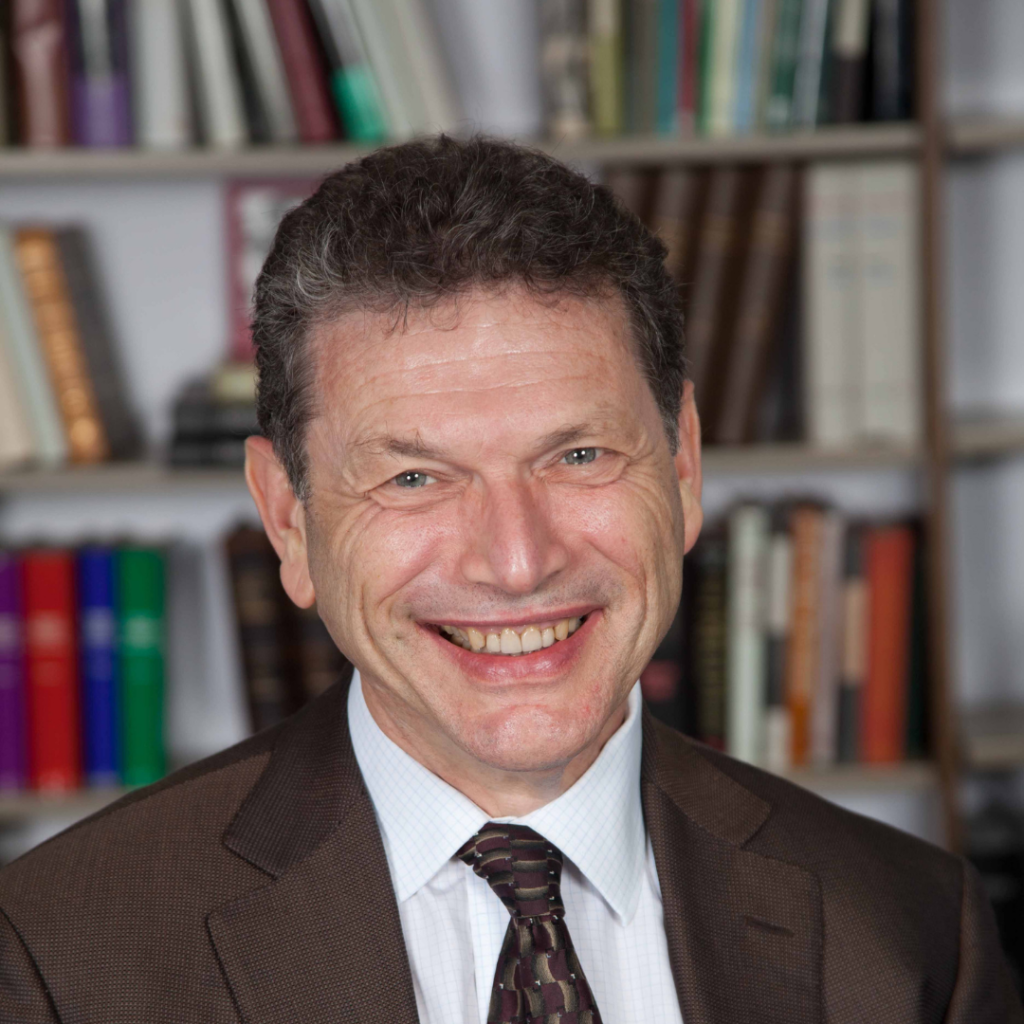“When you look in the background of the Mona Lisa you see how much attention the artist paid to the landscape – it’s at a certain horizon, the left horizon is higher than the right horizon, it’s interesting. The parents and the family are the landscape into which the infant is born. If every infant is thought of as if it is the Mona Lisa in the center, potentially beautiful, the landscape is the parental and family environment.”
Episode Description:
We discuss the emotional context into which every child is born. Dr. Szajnberg and his colleagues’ research followed 76 individuals from birth to age 30. They collected and studied films of mother-infant feedings along with later careful interviews and testing throughout the children’s lives. They learned that there are elements of parental caretaking that dependably increase the likelihood of the child’s favorable development. Likewise, they’ve learned that there are elements of parental caretaking that dependably increase the likelihood of the child’s problematic development. Dependably but not with certainty. They describe numerous examples of individuals whose outcome is not reliably predicted from their early development. Dr. Szajnberg closes with a description of his own early development and the possible role that it played in his own life.
Our Guest:
Nathan Moses Szajnberg, MD is a psychoanalyst and was the Freud Professor at the Hebrew University in Jerusalem 2007-10. Dr. Szajnberg attended the University of Chicago College and Medical School and trained in pediatrics, general psychiatry, and child/adolescent psychiatry. He’s received two NIMH awards, the Ticho Award, and was the Wallerstein Research Fellow in Psychoanalysis (2005-16). He is the author of
Reluctant Warriors: Israelis Suspended between Rome and Jerusalem, Sheba and Solomon’s Return: Ethiopian Children in Israel, and
Jacob and Joseph, Judaism’s Architects. He edited a book on Bruno Bettelheim’s work,
Educating the Emotions, and co-authored
Lives Across Time with Henry Massie.


